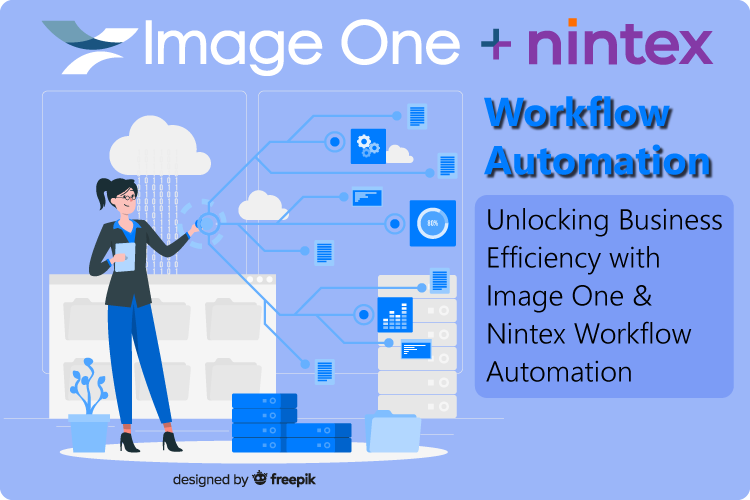Courts across the country going paperless
Thursday, December 11, 2014Courts across the country are beginning to go digital in a nationwide push that is fast catching on.
From Idaho to Florida states all over the U.S. are at various stages of implementing their own document storage solutions, according to The Pew Charitable Trusts. Ten years ago the interiors of courthouses all over the country looked very different then they do now.
Back then clerks had huge stacks of folders bursting with documents and as the day went on paralegals would drag even more paper to them to organize. For many state employees though, those days of lugging paper around are fast becoming a lesson in the efficiency of going paperless, rather than a reality.
"We've got 50 states and everybody is doing some kind of e-filing project. That was not true even at the beginning of this year. It's really exciting," said Jim McMillan, technology consultant for the National Center for State Courts, according to the non-profit organization.
The advantages of going paperless can be felt all around. Staffers and attorneys have less work to do, there's more space around the courthouses and taxpayers save money that would have been spent on filing cabinets or other expenditures that come with paper.
Clerks can focus on helping people instead of pushing paper
One example is Douglas County District Court in Kansas, which will implement a new paperless filing system by the end of the year, according to local news station News6.
"The Chief Judge just decided that it was time to stop kicking the can down the line and just fully implement it," Douglas Hamilton, clerk of the district court, told the subsidiary of WideOpenWest.
Right now the Kansas courthouse has a 1,200 square-foot room in the basement that houses files that date back as far as 1857, the news outlet explained. For attorneys to get a look at any of those files, they have to check them out. But now, with a content management service in place multiple people will be able to view files simultaneously.
"Members of the public who have business with the court will notice a change because the clerks will be able to operate more efficiently," Hamilton explained to 6News. "It will allow clerks to focus more on customer care and customer support, and less on just pushing paper."
Nationwide, courts are making the paperless push for a slew of good reasons, one of which is the loads of cash that it can save. The Pew Charitable Trusts cited an unnamed 2009 study out of Florida that found that e-filing more than 2 million documents per year could save close to $1 million. Thus far e-filing systems have been set up in courthouses in at least 24 states – mostly for civil cases – with more courts in the process of setting up document storage solutions.
With the new system either paper conversion services are utilized to file documents, or they are handled online from the start. Then judges can access the files they need directly from their laptop, and download them for review.
Thus far Utah is leading the way. The centralized-court system has set up a completely electronic courthouse from which people can access documents pertaining to both civil and criminal cases. The conversion has been significant for Utah courts that saw their budget slashed due to the recession. Now file rooms are virtually gone, since everything is now accessible with a few simple clicks.
"This is a huge change," McMillan said. "You are affecting every single person who works in the courthouse and everyone in the legal profession. We're moving away from building the Model T to using robots at the Tesla factory."
Brought to you by Image One Corporation providing complete information governance since 1994.




